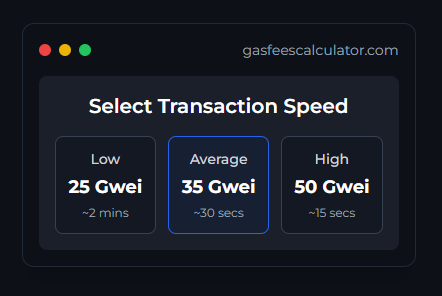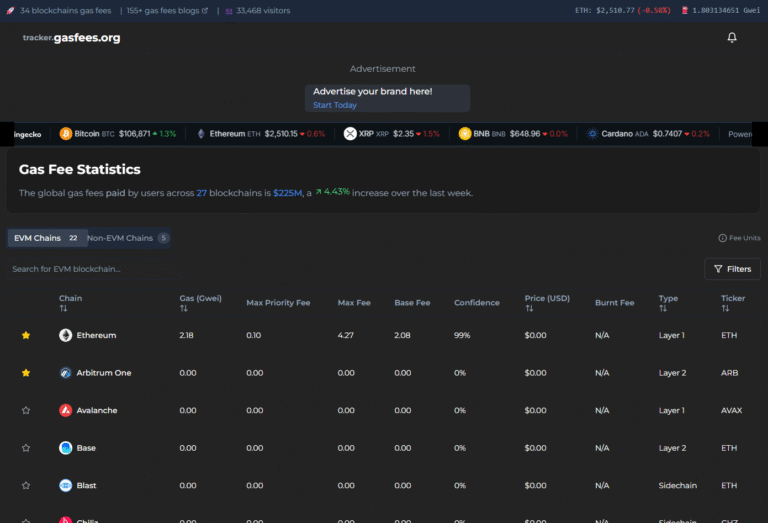What Are Osmosis Gas Fees?
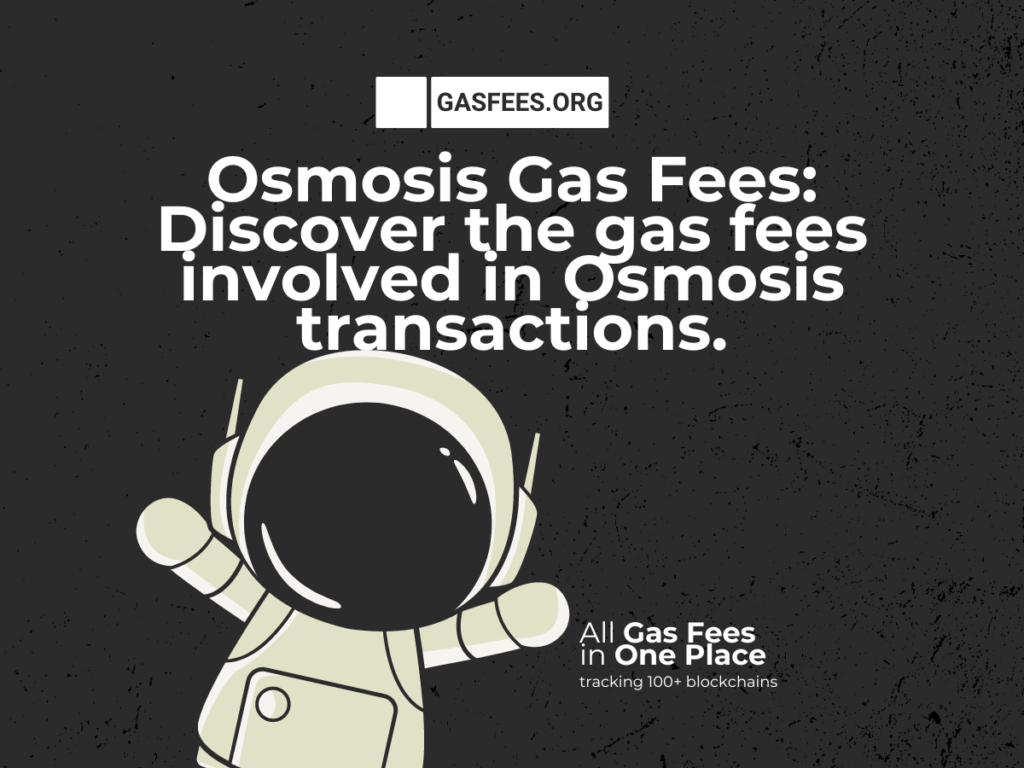
What are Osmosis gas fees? Written By: Mr. GasMan In the fast-changing world of blockchain and decentralized finance (DeFi), Osmosis has become a big name. It’s a decentralized exchange (DEX) on the Cosmos network that’s easy to use and full of features. To really use Osmosis well, you need to understand gas fees. This guide […]
What networks are Layer 1 (L1) or Layer 2 (L2)
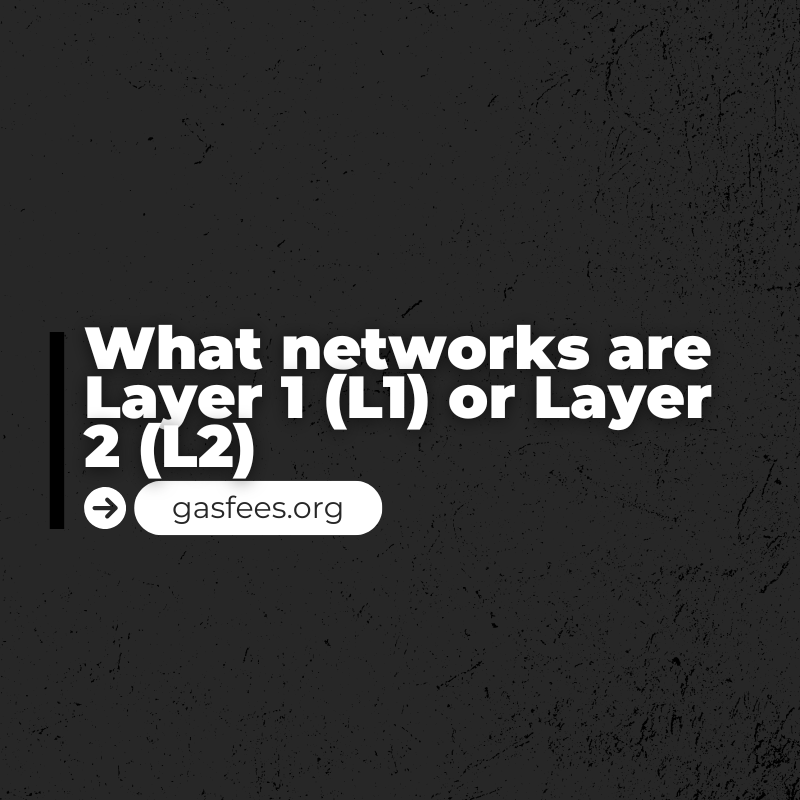
Layer 1 (L1) networks, like Bitcoin and Ethereum, form the base layer of blockchain technology, providing security and decentralization. Layer 2 (L2) networks, such as Polygon and Optimism, are built on top of L1s to enhance scalability and reduce transaction costs. This guide explores the key differences and popular examples of L1 and L2 networks.
What Are Fantom Gas Fees?
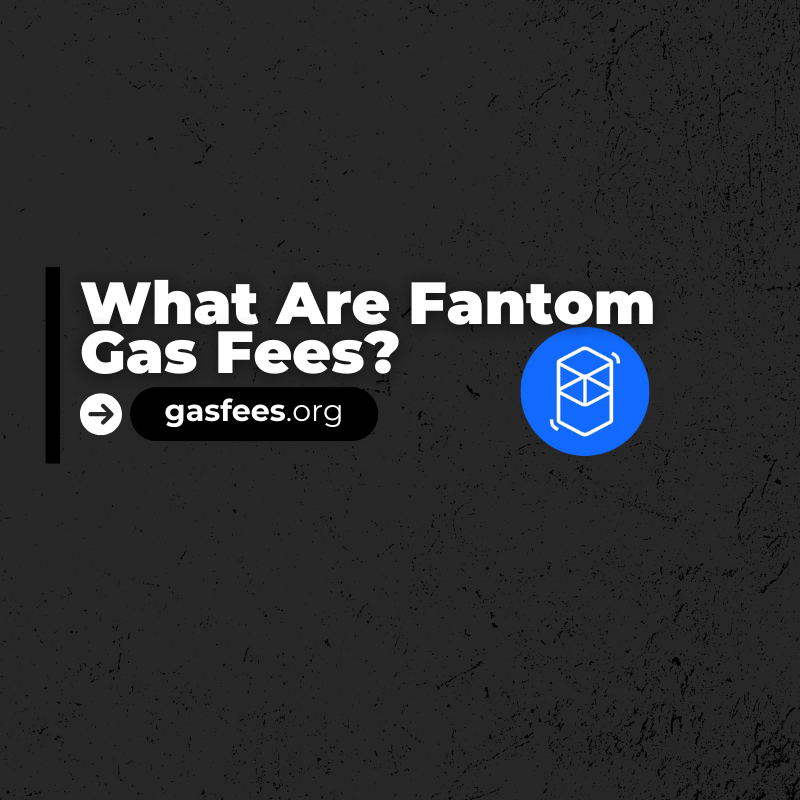
Fantom gas fees are the transaction costs associated with using the Fantom blockchain. These fees ensure the smooth operation of the network, similar to how gas is used as fuel in traditional systems.
What Are Avalanche Gas Fees?
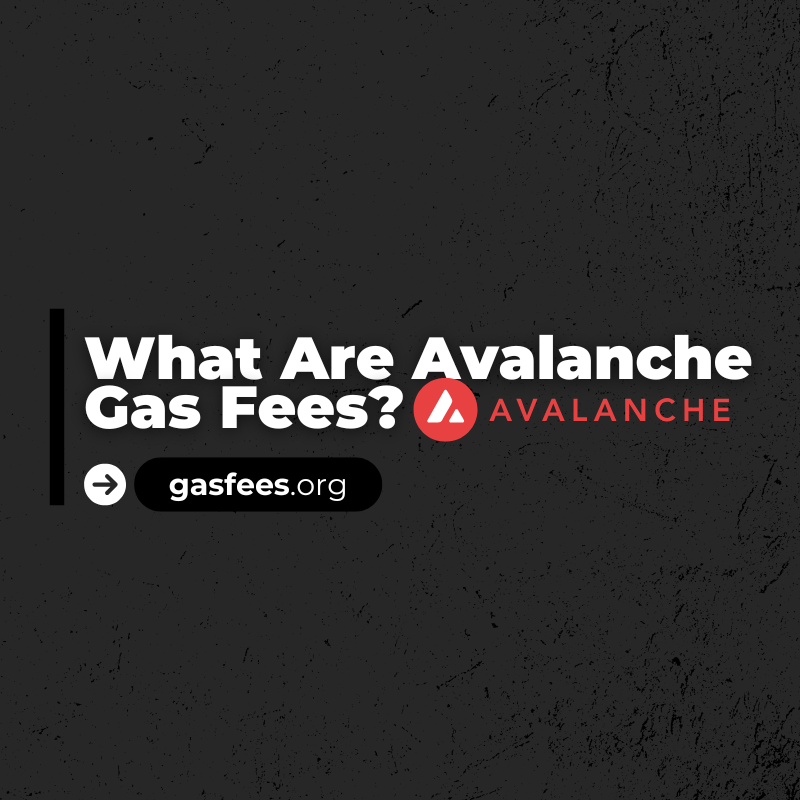
Avalanche gas fees are the costs required to perform transactions or execute smart contracts on the Avalanche blockchain. These fees, paid in AVAX, help secure the network and ensure fast, scalable transactions.
Avalanche’s unique consensus mechanism allows for lower and more predictable gas fees compared to other blockchains, making it an attractive option for decentralized applications (dApps) and finance solutions. Understanding Avalanche gas fees can help users optimize their costs when interacting with the network.
What Are Ethereum Gas Fees?
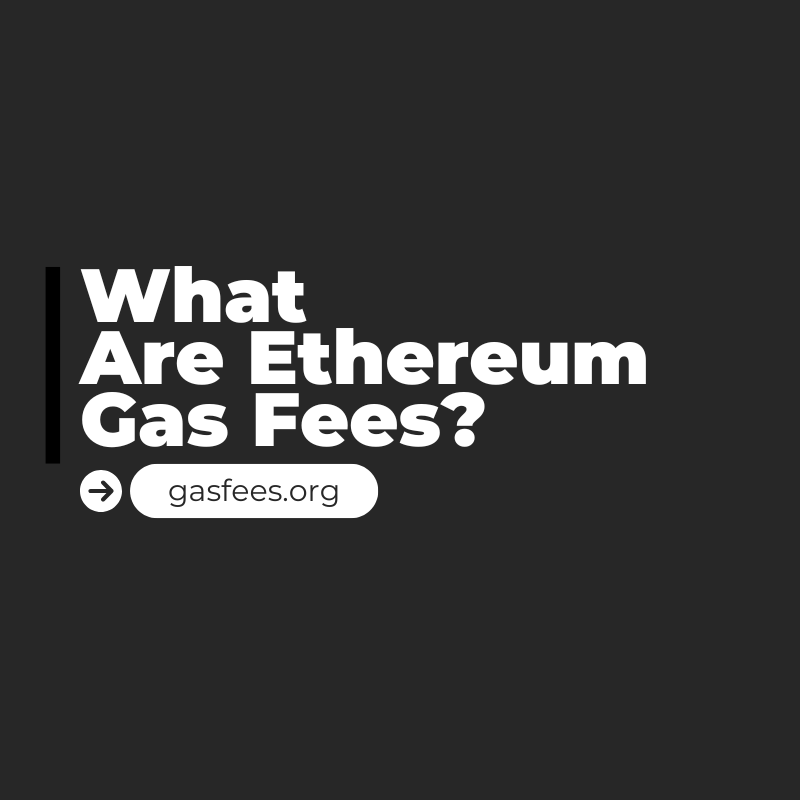
Ethereum gas fees are the transaction costs incurred on the Ethereum blockchain, essential for compensating the computational energy needed to process and validate transactions and smart contracts. These fees are dynamic, fluctuating in response to network demand and the complexity of individual transactions.
Denominated in gwei, a smaller denomination of Ethereum’s native cryptocurrency, Ether (ETH), the cost of gas fees is determined by the transaction’s computational requirements and the prevailing gas price, which is influenced by the level of network congestion. Understanding Ethereum gas fees is crucial for users engaging in activities on the Ethereum network, as it directly impacts the cost and efficiency of transactions.
